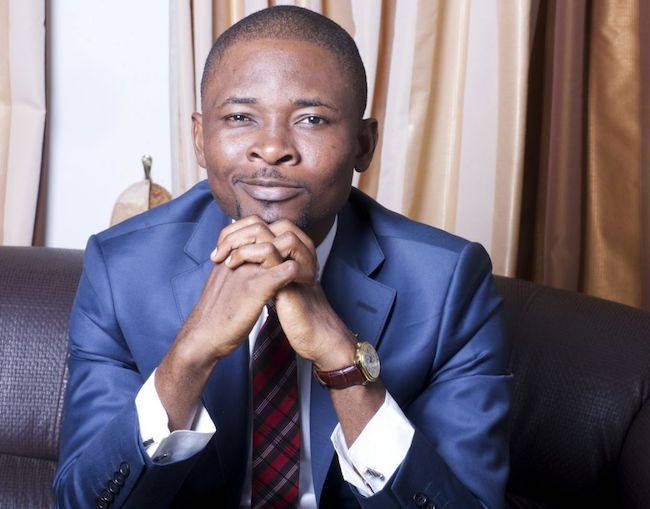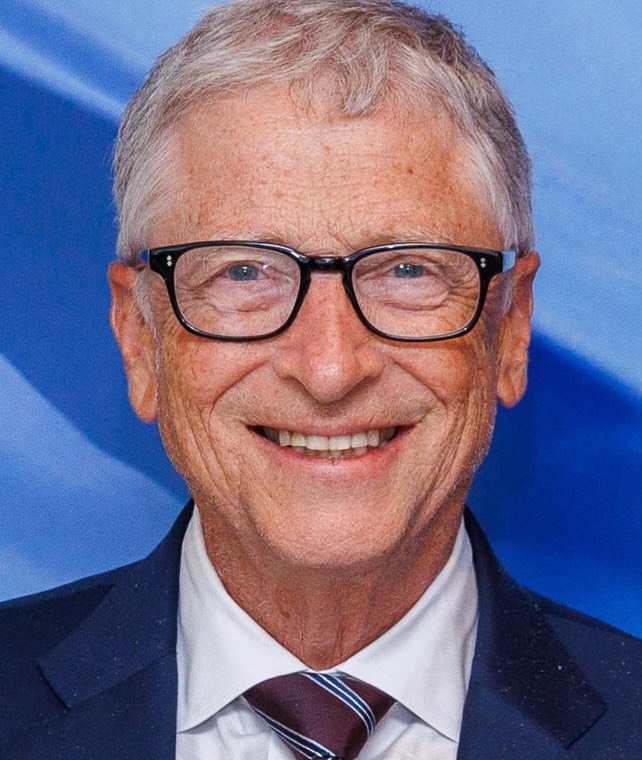Joshua J. Omojuwa argues that debates are healthy for the nation
The rejuvenated National Orientation Agency (NOA) is nearing the completion of its second National Campus Debate Competition, and the mood on campuses has reached fever pitch. Students represented their institutions, argued under pressure, and competed for prizes, but the telling story is the agency’s intent to stimulate civic engagement, promote responsible citizenship, and foster national dialogue among tertiary students. That mandate matters in a season when quick entertainment often displaces the slower work of learning. Debate requires preparation, discipline, and respect, and it forms stronger citizens.
I served on the NOA’s Independent Panel of Judges that scored debates across the six geopolitical zones. The experience was a tonic. Students were articulate and competitive without losing grace. They framed motions clearly, anchored claims with evidence, and delivered rebuttals that were precise, rather than personal.
Debate teaches disagreement without contempt, separates people from positions, and tests ideas under time limits. It rewards listening and punishes vagueness. In a federation that must navigate difference every day, these skills are the muscles of citizenship.
The competition also surfaced a quiet truth about young Nigerians. They want fair rules more than favours. They want rubrics published in advance, strict timekeeping, and panels that explain decisions. When public institutions deliver that standard, trust follows. When they fumble basics, cynicism spreads. Credit is due to the NOA, led by Mallam Lanre Issa Onilu, for attempting to meet a higher bar and for treating students as partners in a national conversation.
Results from the zonal rounds told their own story. Federal University Lokoja, with 32 points, won the North Central Zone. Federal University Wukari, with 35.1 points, topped the North-East Zone. Kebbi State Polytechnic, Dakingari, took the North-West Zone with 32.02 points. The Nigerian British University led the South-East Zone with 32.33 points. Ignatius Ajuru University of Education won the South South with 33.63 points. Mountain Top University led the South-West Zone with 36 points. These six champions proceed to the Grand Finale at the Presidential Villa in Abuja.
The judging process was deliberate and transparent. On Tuesday, 30 September 2025, a seven-member panel met in Abuja to review full video recordings from each zone and to apply a standardised scoring rubric. Criteria included subject knowledge, delivery, teamwork, rebuttal strength, and overall impact. Other members of the panel include Rear Admiral Olusanya Bankole, EFCC’s Dele Oyewale, Action Aid’s Ene Obi, Channel TV’s Maupe Ogun, Emmanuel Ojukwu, Hon. Patrick Obahiagbon.
I noticed that the regional finals had different aesthetics and organization. Whilst some zones organized themselves in a way that reflected the financial and organizational commitment that went into the planning, others went short of the standards set by their colleagues. I got curious, so I asked someone who ought to know if each of the zones had the same resource to work with, and I found out they did. It was clear enough what zones got the best value for their money, in terms of the environment that was provided for the students to engagement in the debate.
As for the students themselves, talent needs a ladder. I’d love to see a situation where the finalists graduate into internships with media houses, policy think tanks, and civic organisations. Beyond the cash prize, which I support, we should explore other opportunities for these young talents. Prizes should be substantial, yet not the only currency.
There is a cultural dividend to defend. A society that celebrates debates, quizzes, and research fairs raises the temperature of public conversation. It becomes normal to ask for evidence, to demand that leaders defend claims, and to reward people who change their minds after hearing stronger arguments. Entertainment will always have a place, but it should not crowd out the practices that keep a republic healthy and self correcting.
To keep momentum, organisers should resist turning the finale into a parade of dignitaries. Speeches have their place, but the central characters are the students who stood behind lecterns and spoke for their schools. Certificates that impress admissions officers and employers, summer institutes on argument and media literacy, and small grants for campus debate clubs will go a long way.
Parents and teachers also carry a share of the work. Encourage reading beyond exam guides. Build school libraries that carry history, science, philosophy, and contemporary policy. Host inter house debates and invite local leaders to field questions from students. The habit of asking better questions is learned early and pays national dividends.
Finally, unity deserves honest conversation. The strongest teams did not romanticise the country. They acknowledged fractures, debated resource sharing, security architecture, youth employment, and the limits of speech in a digital age. Yet they refused despair and argued that diversity can be an asset if the nation invests in justice, equal opportunity, and a civic culture that treats opponents as fellow citizens.
The NOA National Campus Debate is still young, and its youth is a strength. It can become the place where a generation practices the art of argument for the common good. If nurtured, it will raise citizens who listen before they speak, research before they claim, and build coalitions that outlast elections. That would be a worthy orientation for a republic that wants to endure.
One more lesson should not be missed. Debate clubs thrive when universities recognise them as laboratories for leadership. Provide modest budgets for travel and books, guarantee access to halls, and reward coaches with workload relief. Invite public servants and entrepreneurs to judge practice rounds and to pose real policy problems. When the classroom, the club, and the country speak to one another, student effort becomes civic power for all, truly.
Under the Bola Tinubu administration, the NOA has woken up to its responsibilities. This is reflected in its various programmes and interventions, not least this debate. If the president prioritises the final enough to acknowledge the students and their guardians, prospects will be encouraged to get in the fray for future debates. These are the activities we must nurture as a country.
Omojuwa is chief strategist, Alpha Reach/BGX publishing

















Leave a comment